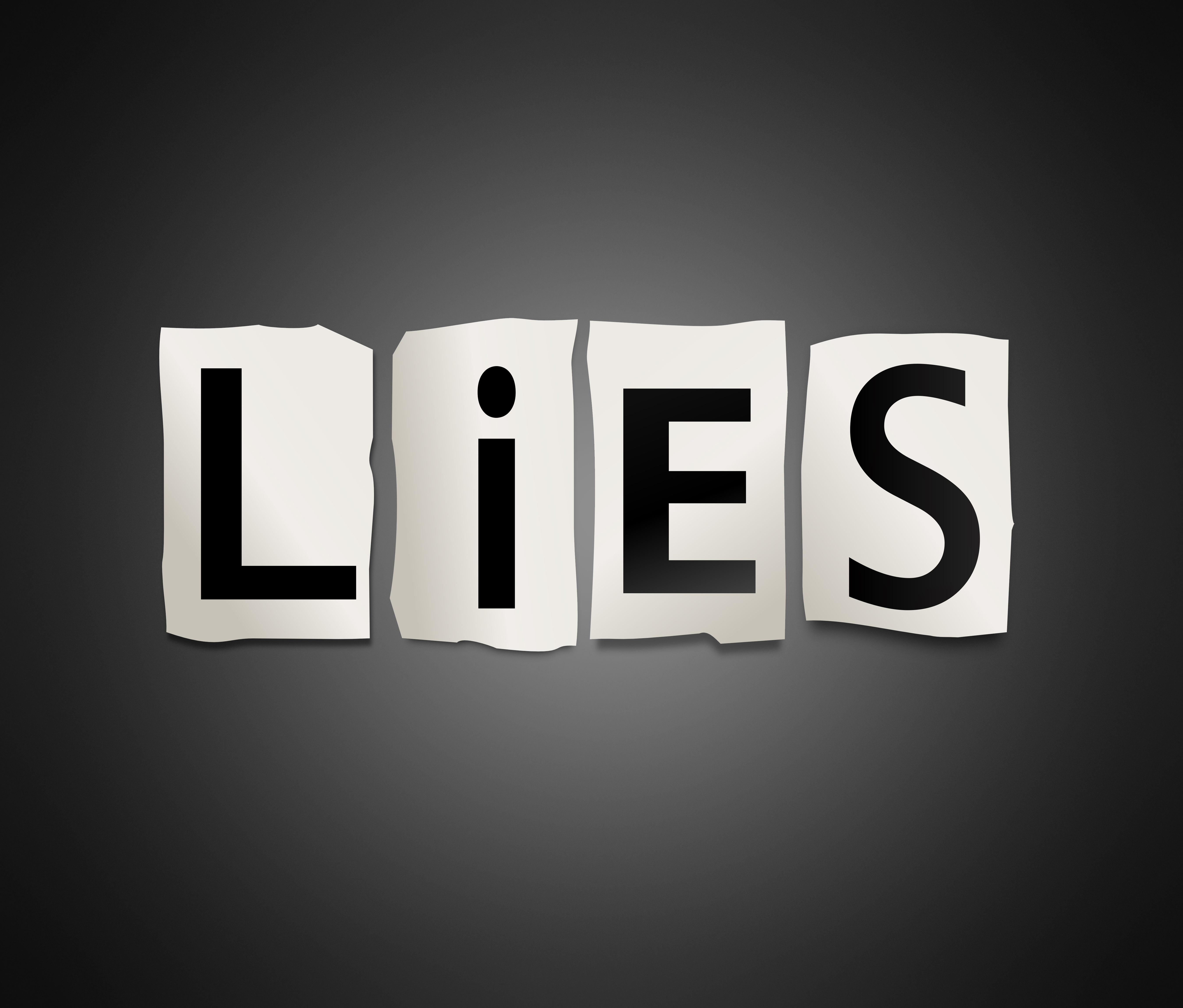If You Give a Character a Lie …
If you give a character a Lie that is tied to some Dark Moment in his past … he is going to believe it.
And if he believes it … he is going to act certain ways in both his relationships with people and with God.
And if his relationships with people and with God are influenced by a Lie he believes, than he’s going to make mistakes – both with the people he loves and the God who loves him.
With that brief nod to If You Give a Mouse a Cookie by children’s author Laura Numeroff, let’s talk about why lies can be good things – at least within the context of writing compelling characters.
We are taught early and often that it’s wrong to tell lies, but it’s not until much later in life that we are taught not to embrace lies. But by then, it’s too late – we’ve listened to lies about ourselves and believe them to be true.
While we often carry around a multitude of lies-that-we-believe-are-true, there is usually one lie – the LIE – that affects us more than all the others. This Lie is created by some sort of Dark Moment in our past – an experience that wounded us emotionally and possibly physically.
In Catch a Falling Star, my 2013 release, my heroine Kendall believes the Lie that she will never be picked. Why? Because she had severe childhood asthma, and was one of those kids in school who was never picked in gym class. Her Dark Moment, which involved her high school hopes for romance, proved the “I’ll never be picked” Lie in the worst possible way.
Why is it good for Kendall to believe this Lie? Our fictional characters need to believe a Lie – and as the author of their stories, we need to know what their Lies are.
Your characters’ pasts – who they were before they appeared on page one of your manuscript – determines why they say certain things. Why they make certain decisions. Why they stiff-arm God. Why they want nothing to do with love.
Think of wrapping a thin piece of rope around a wooden top and then releasing it to spin, spin, spin … and topple. The rope represents your character’s Lie. The Lie influences your character’s choices and beliefs because they believe the Lie is true.
When you are crafting a story, forget the adage not to tell lies. As an author, you want to craft characters that readers care about. One key to doing that is to create the Lies your hero and heroine believe. You understand how one major Lie affects them – emotionally and spiritually. Use the Lie to deepen your story. Then weave in the spiritual truth and allow God to heal the Lie. You’ve created true-to-life fictional characters. After all, we’ve all believed lies about ourselves and about God because of our own Dark Moments in our pasts. And we know the release – the freedom – in discovering and embracing the truth.
What about you? Are you telling your imaginary characters Lies?

Comments 1
Great summary, Beth. It wasn’t until I read the children’s book title f You Give a Mouse a Cookie that I realized why the cadence sounded so familiar 🙂
…And if you believe that lie because you don’t yet know the truth (Truth) then you act out of a broken, wounded heart rather than out of the heart God gave you. Thus, the Author comes to save the day!!